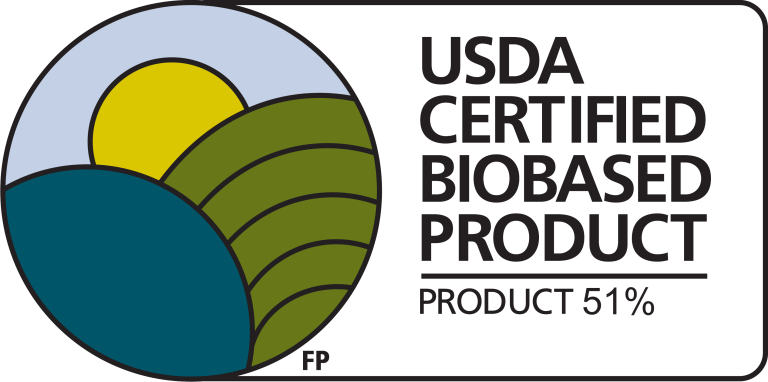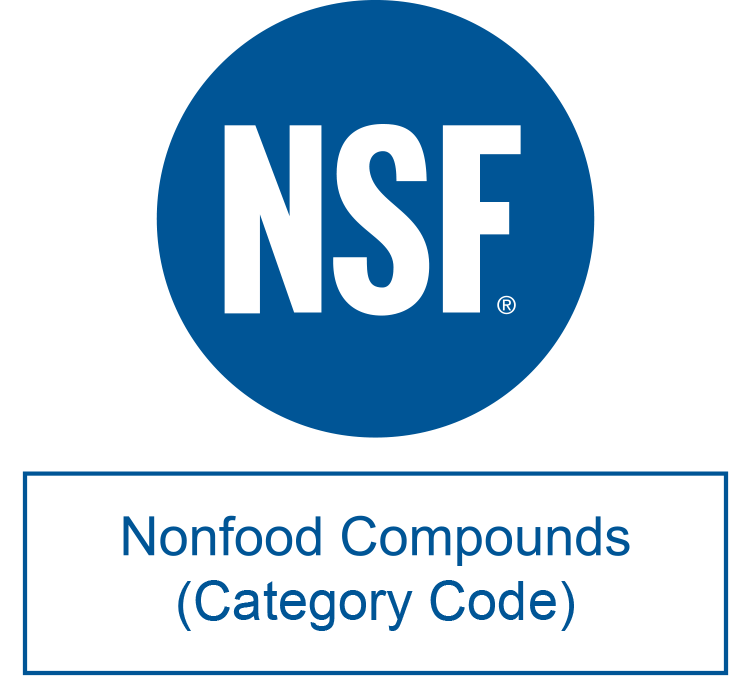Sustainability

Sustainability
The Genesan Sustainability Pledge
Genesan is committed to offering the most effective and sustainable products possible. But we don’t just limit our sustainability efforts to the products that we sell: our commitment informs every aspect of how we conduct our business and with whom we conduct business.
Working in conjunction with our partner, Pollet of Belgium, we continue to develop ecological and sustainable solutions from non-toxic and renewable sources.
Our Mission
To be a well-managed organization defined by its dedication to bringing only the finest cleaning products, equipment, training and support to our distributor partners and ultimately, to their customers.
We pledge to bring to market only those products:
Deemed superior in performance and in value
That meet or surpass rigorous third-party environmental testing
Proven to pose no human health risks when in use
We continue to expect only the highest levels of expertise and commitment from our team of experienced cleaning professionals.
Certifications
We believe it’s important to document and verify our products’ efficacy, safety, and sustainable attributes. Genesan offers one of the highest percentages of unclassified products – the safest rating available using the new GHS standards – within the cleaning industry. In addition, our products have earned third party certifications for efficacy, green chemistry, and bio-based content from numerous highly respected organizations and independent testing laboratories.
Many Genesan products have been certified ecologically sustainable by the USDA, UL ENVIRONMENT, Green Seal, and EU Environment.
Genesan ensures that all product shipments are certified CO2 neutral from our manufacturer to your warehouse door by participating in international voluntary carbon offsetting programs certified by CO2logic. Our financial support of these programs effectively neutralizes the CO2 generated in shipment of those Genesan products manufactured in Europe.
WHY PROBIOTICS AND WHY NOW?
Following the end of World War II, the need for gasoline and other fuels in the US sparked the growth of the petroleum refining industry. Byproducts of refining fed Americans’ appetite for cheap home heating oil, industrial lubricants, kerosene, plastics and many consumer products. One particular by-product, butane, led to a surplus of butyl (a suspected carcinogen), which quickly became a major component of countless popular cleaners due to its low cost and superior ability to remove soil and grease.
However, by the mid-1980’s, it became obvious that the manufacture and use of petroleum-based products posed undeniable risks to human health and the environment and manufacturers began to search for more ecologically acceptable alternatives. This led to the onset of a “Green Cleaning” revolution that embraced the use of plant-based, locally sourced raw materials that continues today.
Scientists have understood for some time that non-pathogenic strains of live bacteria play an important role in human health. More recently, they’ve come to understand that “healthy” bacteria could be engineered to reproduce more rapidly than many pathogens. This rapid re-generation rate effectively allows probiotic bacteria to overwhelm rival bacteria, consuming them and the soil in which they thrive. This leaves surfaces cleaner, healthier and odor-free for up to two weeks without additional cleaning or repeated disinfection. In essence, probiotic cleaners are at work even when you’re not.
As the globe continues to heat, sustainable practices and ethical behavior have become increasingly important in our daily lives. The inclusion of probiotics in our cleaning routines reduces the need to consume ever-dwindling resources, improves the efficiency of the cleaning process – saving both time and materials, and perhaps best of all, creates healthier communities for generations to come.





